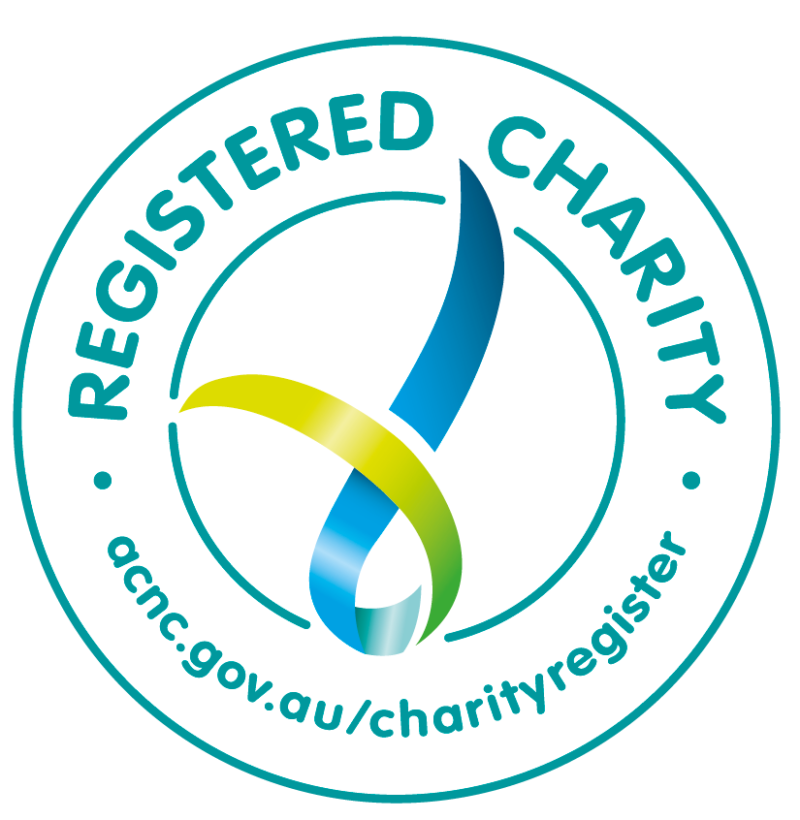Male depression is a serious health condition that affects how you think, feel, and function in your daily life. On average, one in eight men will experience depression at some stage of their lives. Effective treatments are available and taking action may not be as hard as you think.
Some common symptoms of depression are feeling sad, or down for extended periods of time, an inability to control negative thoughts, losing interest in hobbies or activities you used to enjoy, feeling tired or lacking energy and motivation, feeling irritable, short-tempered, or aggressive, increased alcohol and drug use or self-medicating, and having problems sleeping, or sleeping all the time.
Top Tips
- Don’t try to tough out depression on your own. Most men respond well once they have the support and put steps into place to overcome the symptoms of depression.
- You will find you are not alone. There are other men around you who have experienced what you are going through and you can be a great support for each other.
- Make time to keep fit and get outside – When you are feeling down, exercise is often the last thing you feel like doing but is actually one of the best for giving you energy and boost your spirits. Anything to get the endorphins and adrenaline going helps your overall wellbeing. Getting some Vitamin D is also important, and a lack of can contribute to low mood. Take time to go outside, walk around the block or if possible, get back to nature with a bush walk or beach run.
- Schedule family and kids time into your week – book in family time, dad’s, and kid’s time – cook a healthy meal with your kids or be active and exercise with them. Find time for a bike ride or to kick the footy with them. Take all your holidays – use at least some of them to take family vacations away from home.
- If you feel you are not coping, get help – talk to your partner, counsellors at work, or your local health service. Don’t think you have to do this alone. Share issues with an empathetic listener and ask for help sooner rather than later.
Anxiety and depression are like any other medical condition – you need ways to manage them and recover. Make an appointment and take your list of symptoms to your family doctor (GP). Your doctor is a good source of information and can assess if what you are feeling is anxiety or depression. Sometimes these conditions are experienced together. If you are diagnosed with one of these conditions, or both, together you can work out an action plan.
Access to a local Psychologist is freely available through Medicare if you get a referral from your GP.
If you are struggling, call Lifeline on 131 114, Beyond Blue on 1300 224 636, Mens Line Australia – 1300 789 978



